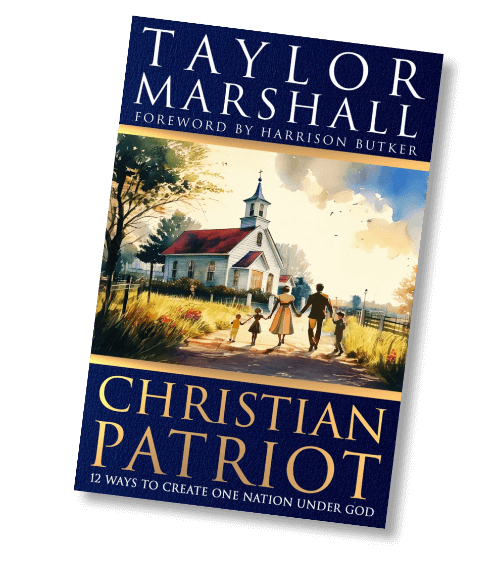Question: How Does Hebrews 10 Square With Catholic Teaching?

I received a great question regarding Hebrews 10 from Joel:
Hey, I am a visitor to your blog and I was wondering if you were able to answer a simple (I hope) question for me:
From reading Hebrews, I get the impression that the author didn’t believe that the benefits of Christ’s sacrifice (forgiveness) should be applied more than once to the same person:
“For since the law has but a shadow of the good things to come instead of the true form of these realities, it can never, by the same sacrifices that are continually offered every year, make perfect those who draw near. Otherwise, would they not have ceased to be offered, since the worshipers, having once been cleansed, would no longer have any consciousness of sins?” (Hebrews 10:1-2)
The author seems to point out that if the temple sacrifices could make atonement, then they would’ve ceased to have been offered, since having once been cleansed (forgiven), then they would no longer have any guilt of sin (and thus no need for sacrifice).
I’ve had this question bothering me for sometime now, and I was hoping if you could put my mind at ease.
Sincerely,
Joel
This is a really good question, and a topic that no doubt bothers many Protestants. The key here is Heb 10:14:
“For by a single offering he has perfected for all time those who are sanctified.”
The phrase “are sanctified” is one word in the Greek (hagiazomenous). It is a passive present participle. In other words, the sacrifice of Christ is one but the sanctification of His people is continuously being applied.
Hebrews 10:2 in particular seems to be a baptismal reference (“cleansed”), and it’s true that baptism removes original sin and that it cannot be repeated. Regardless of how you interpret Heb 10:2, it should be read in the context of Heb 10:14, which indicates the present aspect.
I read it as saying that we don’t need another sacrifice (e.g. a new bull, a new goat, or even new Savior) every time we sin as in the Old Covenant. We must remember that the author of Hebrews is writing those tempted to return to the Temple sacrifices of the Old Covenant. Christ’s death is sufficient and continues to sanctify us. Our sins might be repeated, but Christ’s death cannot be repeated or supplemented by another.
It goes without saying that the Holy Sacrifice of the Mass is a true re-presentation of Christ’s sacrifice – not a different sacrifice.
Godspeed,
Taylor
You may also like:
What to Watch Next
SHOP THE TAYLOR MARSHALL STORE
Dive Deeper

GET CONFIDENT IN YOUR FAITH
Explore the fascinating world of Catholic teachings with Dr. Marshall. Together you’ll unpack the brilliant answers the Church gives to tough questions about the Faith. The best part: you go at your own pace. Start this exciting journey today.


 >
>



